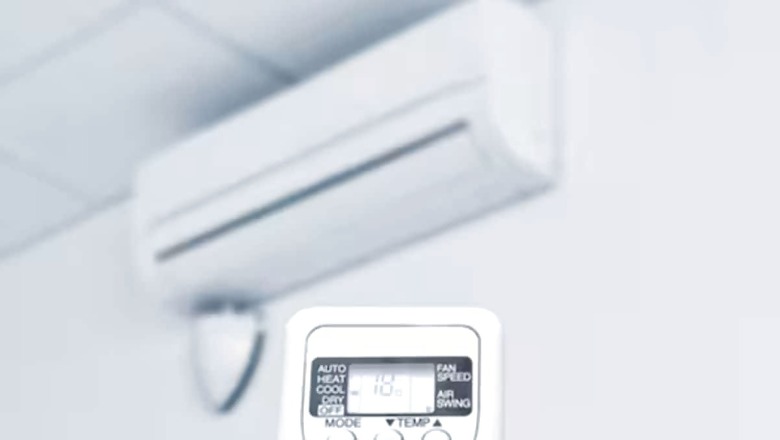
views
Smart air conditioning systems are gaining popularity as they offer remote control and monitoring capabilities via smartphones, tablets or computers. These systems allow users to adjust settings conveniently, regardless of their location. With smart ACs, users can turn them on/off and set temperatures using their devices, even remotely initiating cooling before arriving home. However, these benefits come at a cost.
Smart ACs are typically expensive due to their advanced features and connectivity requirements. To operate, they must be connected to Wi-Fi and controlled via dedicated applications. Despite their higher cost, the convenience and flexibility they offer make them a desirable choice for many consumers.
Smart ACs Have The Latest Technology, Making It Less Cost-effective
The high cost of smart air conditioners is primarily attributed to their incorporation of advanced features, which elevate their manufacturing expenses. These units boast Wi-Fi connectivity, enabling remote control capabilities from any location. This has been made using the latest technology, thus making the cost of the ACs higher.
Smart Air Conditions Require an Internet Connection to Work
As smart ACs are run on Wi-Fi, they require an internet connection as well. This is an additional cost that is given to the ACs, thus making them more expensive in the market.
Smart Air Conditions Have High Installation Charges
They also incur high installation costs, further contributing to their overall expense. These units require significant space within the household, particularly smart split ACs which feature outlet units that occupy considerable room. The installation process for these systems is complex and often involves additional expenses.
Smart ACs Have Multiple Units
Smart air conditioning doesn't work centrally. As a result, multiple units of it have to be installed in order to cool the whole house.
Higher Electricity Bills
Installing multiple units of smart air conditioners to cool an entire house can result in increased electricity consumption and higher electricity bills. Each additional unit adds to the overall energy demand, potentially driving up costs significantly. Consequently, while smart ACs offer convenience and advanced features, homeowners must consider the long-term financial implications.




















Comments
0 comment